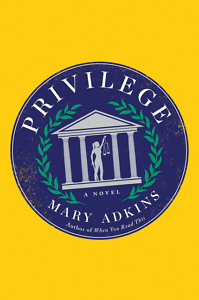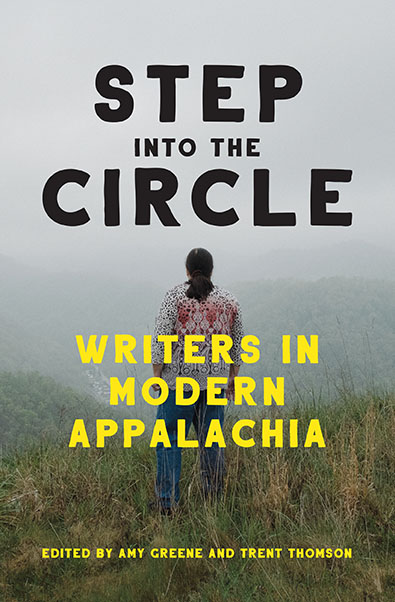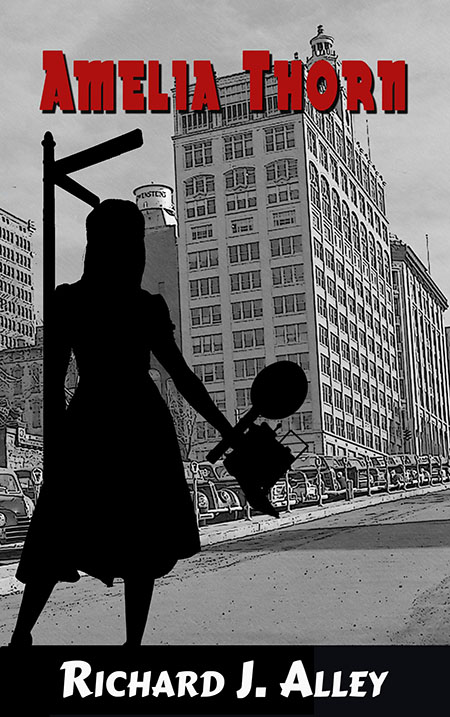Am I the Bad Guy?
In her novel Privilege, Mary Adkins explores the aftermath of sexual assault on a college campus
The initiating event in Mary Adkins’ new novel Privilege remains harrowing to readers despite our having become far too familiar with stories of campus sexual assault. A naïve young woman at a residential college drinks too much “punch” at a frat house and winds up passed out in the bedroom of a man she hardly knows. When the attack occurs, she is too scared and disoriented to resist. The next morning, and for the following week, she tries to convince herself that that she is not a victim and that the guy in question is not a rapist. Her rationalizations quickly wither.
 Privilege treats the assault and subsequent adjudication by the campus disciplinary board with admirable alacrity, devoting a majority of the novel to the internal conflicts of three women who are entangled in the case. Annie Stoddard, the young woman at the frat party, is a shy second-year student from a small town in Georgia who feels outcast from academic cliques and cryptic mating rituals. “I wanted to be like them,” Annie says of her classmates, “but didn’t know how.”
Privilege treats the assault and subsequent adjudication by the campus disciplinary board with admirable alacrity, devoting a majority of the novel to the internal conflicts of three women who are entangled in the case. Annie Stoddard, the young woman at the frat party, is a shy second-year student from a small town in Georgia who feels outcast from academic cliques and cryptic mating rituals. “I wanted to be like them,” Annie says of her classmates, “but didn’t know how.”
Bea Powers, fresh from a Connecticut boarding school, has enrolled in a selective program for undergraduates devoted to criminal justice reform. Bea and Annie attend prestigious Carter University in North Carolina, an institution that looms like the veritable ivory tower to Stayja York, who works at a campus coffee shop, ignored by students. To them, Stayja is part of the scenery.
Adkins, a Nashville resident, rotates the narrative perspective among her principals and immediately establishes their primary motivations. After suffering severe burns on her legs in the eighth grade, Annie covered up her scars with pants, even in summer. Now that she has paid for laser treatment with money earned teaching bassoon (her secret ticket for admission to Carter), she is ready for skirts and shorts — metonymies for her sexual awakening. Bea wants simultaneously to escape the shadow of her mother, a successful physician, and to rebalance a justice system that favors the wealthy and connected: that is, people like her. For Stayja, raised by a single mother who can’t find steady work, “a single desire trumped all others: to escape poverty.”
Adkins connects these characters through their encounters with one man, Tyler Brand, scion of a wealthy family, a serial charmer with a sadistic streak. After Annie learns how vile Tyler is, Bea is assigned to be the “student advocate” for his disciplinary hearing. Bea comes to feel ambivalent about supporting Tyler. “Am I making a mistake?” she asks herself. “Am I the bad guy?” Simultaneously, Stayja thinks she has found in Tyler the one guy on campus who sees Carter as she does — namely, as a playground for overprivileged kids. In one dramatic semester, these three women come to new understandings of themselves and of the world’s Tyler Brands.
In Adkins’ telling, privilege is a relative concept, Tyler Brand representing one extreme point on a spectrum. Compared to him, Bea appears to be a self-actualizing striver, a mixed-race honors student, raised without a father, whose mother died before she finished high school. To Annie, though, Bea is a product of a prestigious New England boarding school, an elite who deigns to attend a Southern college only to attach herself to an exclusive academic coterie. To a rural public-school girl like Annie, who needs a bassoon scholarship to afford Carter, Bea embodies the entitled class.
 What Annie and Bea come to understand is that all students at top-echelon colleges enjoy advantages that Stayja and her ilk can only dream of having. From Stayja’s perspective, Carter students are not individuals but an undifferentiated mass of “bright shirts with little alligators on them or patterned dresses that looked to Stayja like children’s birthday decorations.” They even sound alike. “They spoke without accents, as if they were from everywhere and nowhere,” Stayja thinks. “Their smiles were perfect.”
What Annie and Bea come to understand is that all students at top-echelon colleges enjoy advantages that Stayja and her ilk can only dream of having. From Stayja’s perspective, Carter students are not individuals but an undifferentiated mass of “bright shirts with little alligators on them or patterned dresses that looked to Stayja like children’s birthday decorations.” They even sound alike. “They spoke without accents, as if they were from everywhere and nowhere,” Stayja thinks. “Their smiles were perfect.”
Adkins’ portrait of contemporary college life includes moments of comedy to balance the violence and recrimination. Her college students make fools of themselves on social media and occasionally put down their phones long enough to make connections in real life. Bea joins an improv group (with an unprintable acronym for a name) and, according to a student newspaper columnist, “90 percent of the student body is in an a cappella group.”
A graduate of Duke University and Yale Law School, Adkins brings clarity to the issue of sexual assault on campus. To readers who question whether women in Annie’s position bring false accusations against dudes like Tyler — as revenge for having been rejected, in hopes of a lucrative civil lawsuit, or for other self-interested motives — Adkins has a simple answer: not on your life. Annie does not want victimhood to define her, but she knows with certainty that “getting over it” is not a viable option. Instead, she learns that the best she can do is “find my version of peace.”

Sean Kinch grew up in Austin and attended Stanford. He earned a Ph.D. from the University of Texas. He now teaches English at Montgomery Bell Academy in Nashville.


